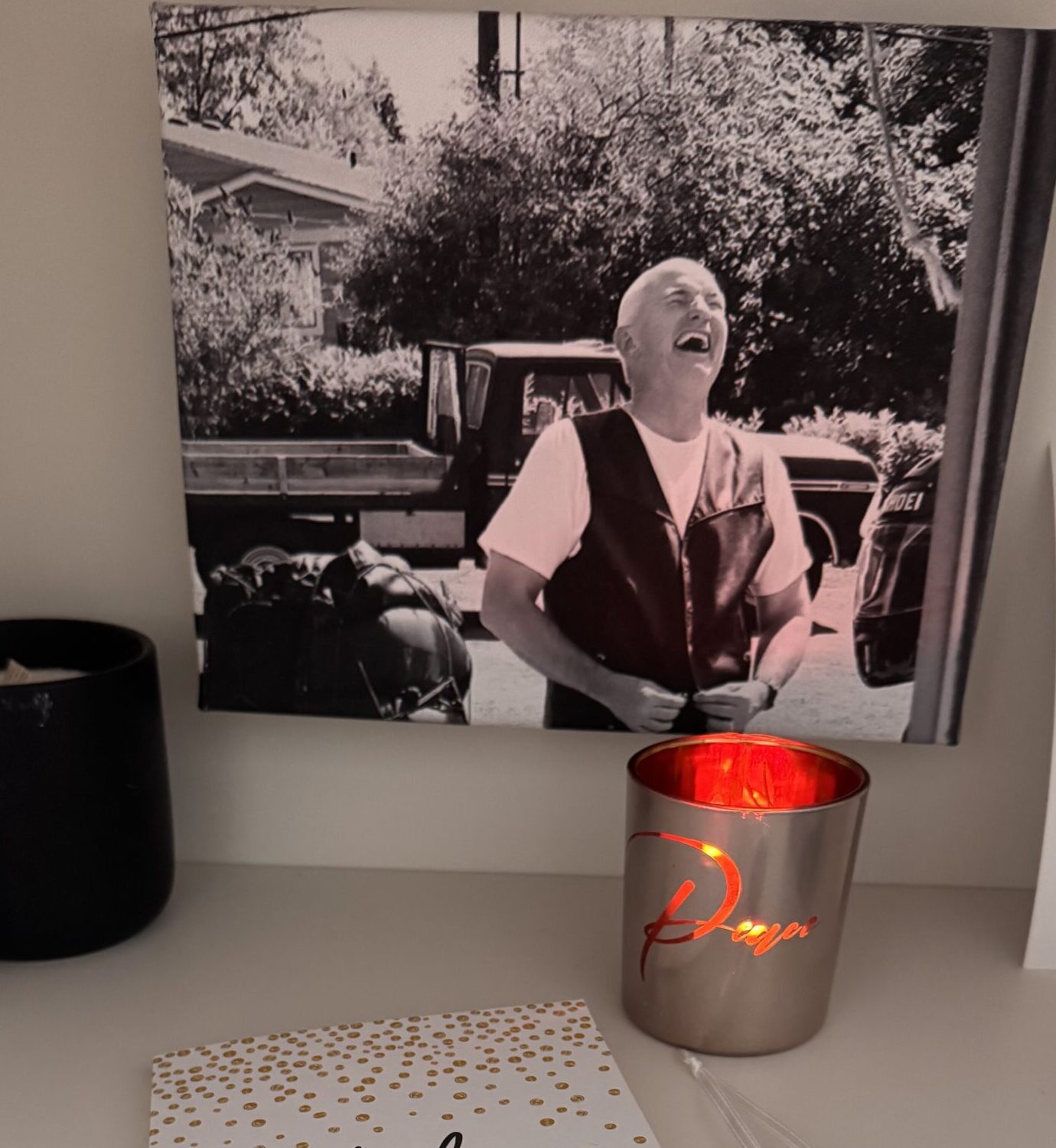
As a care partner to someone with dementia, here are five key statistics that highlight the challenges, experiences, and impact of this journey:
1. 60% of Dementia Care partners Report High Emotional Stress
(Source: Alzheimer’s Association, 2024)
2. Twice the Risk of Developing Chronic Health Issues
(Source: National Alliance for Caregiving & AARP, 2023)
3. One in Three Care partners Experience Burnout
(Source: Family Care partner Alliance, 2023)
4. Over 11 Million Americans Provide Unpaid Dementia Care
5. In 2023, an estimated 11.5 million Americans provided 18 billion hours of unpaid care to people living with Alzheimer’s and dementia, valued at $339 billion.
(Source: Alzheimer’s Association, 2024)
This doesn’t even touch the bigger decisions, the ones about Dougs’ long-term care and well-being. Of course, there’s always more. There’s always more. This is just a small glimpse of life as a care partner.
At the Care Partners Support Group, I facilitate, yesterday we talked about the importance of being prepared, why it matters to understand what stage our loved one is in, and how that knowledge can help us make informed decisions.
I always hope that no one has to walk the Dementia path, but if you do, being prepared makes it just a little easier. That includes having those hard conversations early, while our loved one can still express their wishes.
Why have the conversation early? Because during a crisis when emotions are high, stress is intense, and the situation feels overwhelming is the hardest time to make any decision. In those moments, it’s difficult to think clearly, and choices made under pressure can feel rushed rather than intentional. It also helps in minimizing risk which Doug is relying on me to do for him.
For example, I had a difficult conversation with Doug about driving two years ago. Together, we made the tough decision. I/we decided that Doug getting lost while driving or harming someone unintentionally is not an outcome we wanted. That made selling his vehicle last October a little easier, not easy, but easier. Without his agreement, I would have had to make that choice alone, struggling even more with what it meant for him.
Through it all, I rarely have to remind myself that this is the true definition of our wedding vows for better or worse, in sickness and in health. I wouldn’t have it any other way.
I’ve shared this before, and I still ask Doug, “Would you ask me to marry you again?”
His resounding “Yes!” comes with a hug, and I always reply, “Thank you. I’d say yes in a heartbeat.”




Absolutely critical points. It’s a hard story but you’re making a beautiful love story through all this pain.